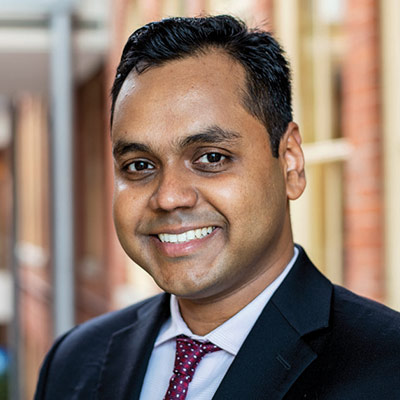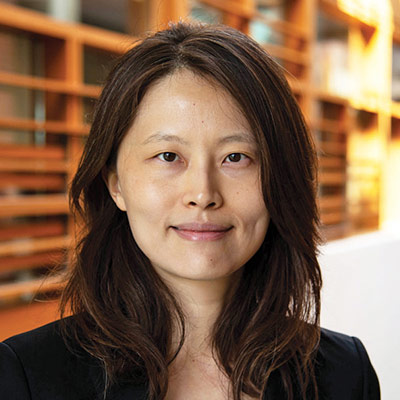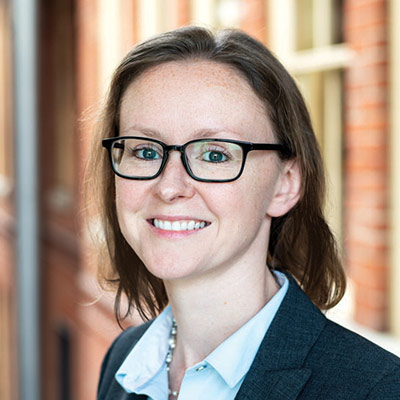New professors at Smith

Ragavendran (Raga) Gopalakrishnan
Assistant professor of operations management
From: Chennai, India. Before Smith, I was a postdoctoral associate at Cornell University.
My research: I’m primarily interested in two areas: service operations management, where my focus is on studying service systems with strategic entities; and pricing and revenue management, where my focus is on designing sustainable market models for modern urban mobility.
What I’m working on: Extending a traditional queueing model to one in which both customers and servers make strategic decisions. Customers decide whether to join a queue or not based on the expected waiting time, while servers decide the rate of service based on the queue length. What are the optimal operational and economic policies for maximum throughput vs. maximum profit?

Ling Yang
Assistant professor of accounting
From: Shenzhen, China. Previously, I was earning my PhD at Chicago Booth.
My research: I study the regulation of financial institutions. The 2008 financial crisis clearly showed that we could not rely on these institutions to discipline themselves. There’s a place for regulation in today’s financial market [and] the effects of many rules underwritten after the crisis are unclear, which, as a researcher, excites me.
What I’m working on: I have two projects. One shows that banks’ activities as financial intermediaries in the real economy can affect the quality of their financial and regulatory reporting. The second studies the risk-disciplinary effects of disclosing stress-test results mandated by the Dodd-Frank Act.

Laura Rees
Assistant professor of organizational behaviour
From: Kentucky. Before Smith, I was an assistant professor at the University of Missouri-Kansas City.
My research: I investigate emotions and other influences that often arise spontaneously and without much conscious thought, but that profoundly shape individuals’ performance and well-being at work. My interest in this research area was sparked during my time as a management consultant with the Boston Consulting Group. Many times I saw clients experiencing complex emotional and instinctual reactions to major changes, such as mergers, downsizing, large-scale strategic initiatives and other significant disruptions.
What I’m working on: I recently published a paper on individuals’ responses to others expressing anger towards them, and another paper on reactions to anger. The first paper examines how anger from customers is received in service failure contexts. The second paper investigates how expressing anger in negotiations can lead to higher joint gains to the extent it prompts the other person to seek out more information about what can be done to resolve the situation.
